
Boost Your Immunity With Tremendous Mushroom Cookies
by Sara Han
Like & comment
Related articles

New Member Introduction
Introducing myself and my company, DPMK Group LLC.
Jan 09, 2025
Biscuit Blog

Christmas Biscuits Through the World: Use Your Imagination, Bake and Celebrate
The most wonderful time of the year is just around the corner – do you need ideas for Christmas biscuits? Here is the list for Christmas biscuits from...
Dec 21, 2022
Biscuit Blog

Hybrids Trend: Beer Flavor Biscuit, Cookie Pizza, Doughnut Mix – What Are You Up To?
We are so overwhelmed with biscuits types – how to choose which one to eat? The new trend are hybrids: innovative mixtures you could never dream of. W...
Jun 15, 2022
Biscuit Blog
Featured products
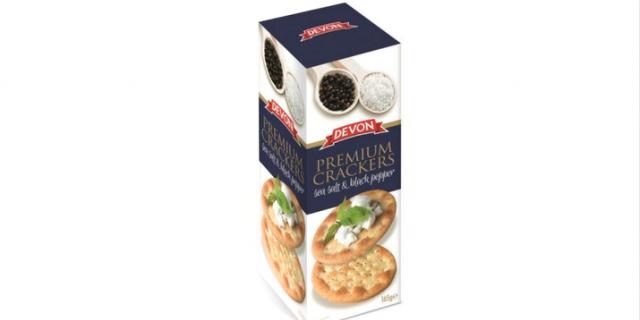
Consolidated Biscuit Co. Ltd.
Premium Crackers: Sea Salt & Pepper
Devon Premium Crackers with Sea Salt & Black Pepper is a new product being launched in November 2016. The product is a li...
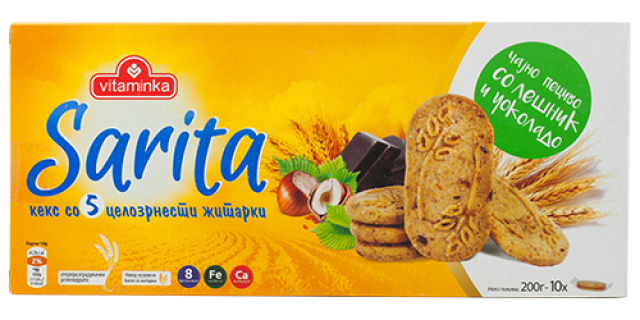
Food Industry Vitaminka
Sarita
The product composition is almost completely the same as the composition of one of the most popular world brands of such tea biscuits.
It...
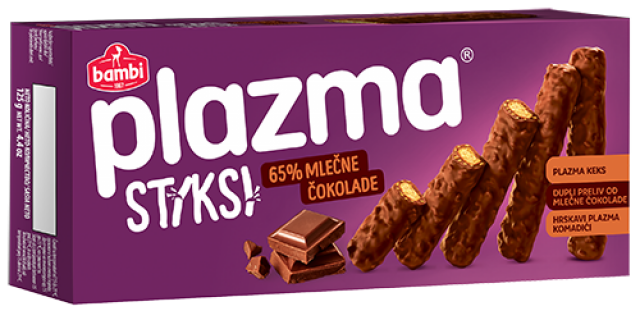
Bambi
Plazma Sticks
When you think there is not a more perfect taste than Plazma, remember this sweet piece of information: Plazma Sticks are your new, favourit...
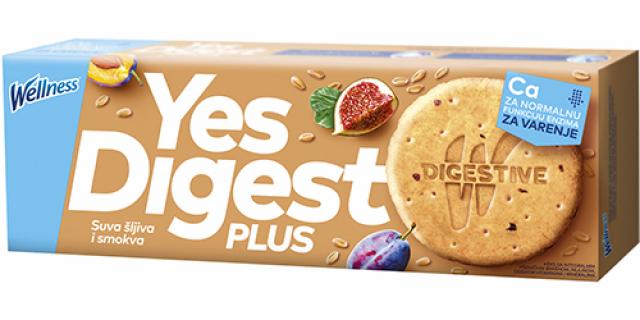
Bambi
Wellness Functional
YES “enriched” formula emphasizes added functional benefit – added minerals (calcium) and fibers (inulin) with Yes Digest...
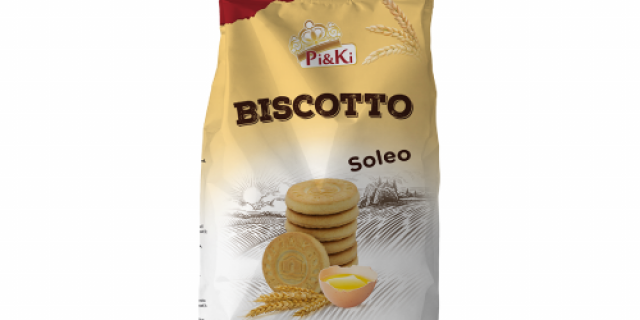
Pi & Ki - EGI Group
Soleo Biscuits
Tea biscuits with eggs
Weight:300gr.
Country of origin:Republic of Kosovo.
Produced by: EgiGroup L.L.C ,Zahaq-Pejë-,PN.30000....
Featured questions
Featured companies

Koestlin HR
Who's responsible for tasty flour-confectionery products? Koestlin is a Croatian company with a 100-...
Croatia (Hrvatska)

Consolidated Biscuit Co. Ltd.
Consolidated Biscuit, set up in 1982, is mostly known as the Cracker Company due to the technical kn...
Malta

Jaffa Crvenka
We are Jaffa, one of the largest sweets and snacks manufacturer in the West Balkans.
Serbia

Arnott’s Group
Arnott’s portfolio of brands includes household names like Tim Tam, Shapes, Iced VoVo, SAO, Vita-Wea...
Australia

